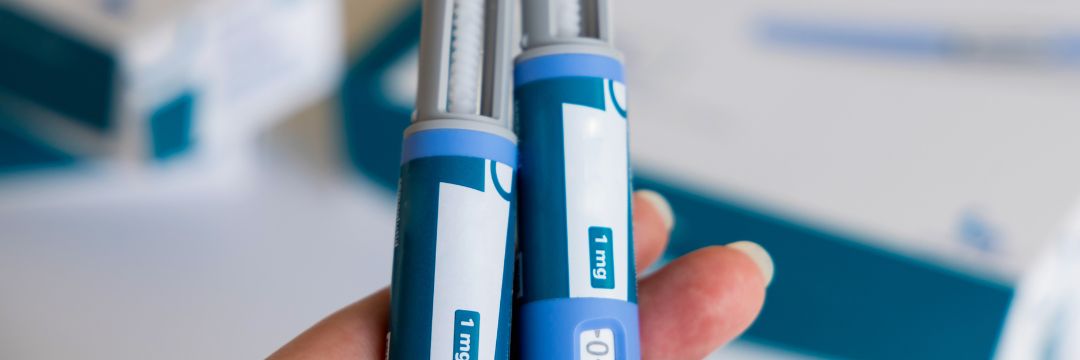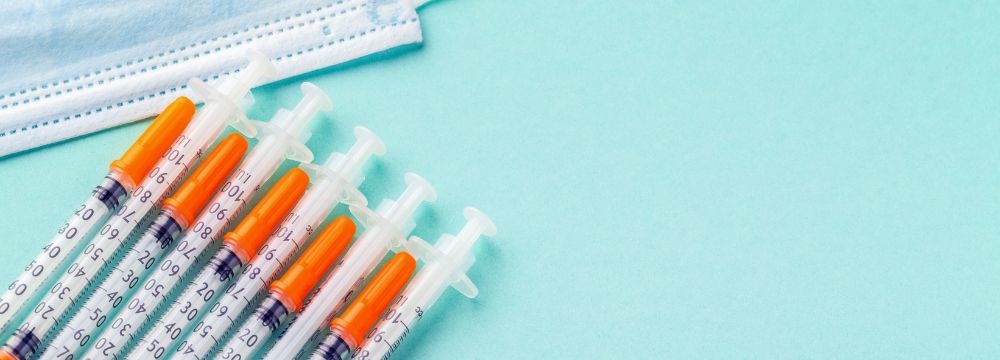
Dr. Abbas’ Key Points
- One shouldn’t consider GLP-1s to be a lifelong therapy
- GLP-1s can be useful in training for lifestyle change
- GLP-1s have an upper limit of effectiveness that may not work for 40+ BMI patients
- Medication and surgery can work symbiotically
With the advent of weight loss-approved GLP-1 drugs like Wegovy and Zepbound, there is renewed hope in the fight against excess weight and obesity. Patients with obesity have yet another option in their arsenal to fight access weight that is not only very effective but also seems relatively safe, at least in the short and medium term. However, due to the cost of these medications as well as potential side effects, taking these drugs for the rest of your life may not be a viable option. On the other hand, it’s pretty clear that once patients stop taking these GLP-1 drugs, the likelihood is that they’re going to regain weight as their metabolism normalizes and they start to consume more calories.
In this article, we will discuss how to effectively wean yourself from GLP-1 drugs to minimize potential weight regain and, separately, the viability of bariatric surgery.
Getting off the Drugs
First and foremost, getting off GLP-1 drugs requires a firm hold of your diet and exercise regimen. The biggest concern we have from a medical standpoint is that patients who lose weight quickly and without significantly changing their lifestyle are prone to gaining more weight once they stop the drug. This is like patients who tend to lose significant weight early on during a diet or vigorous exercise program. If their focus and determination falter, they regain the weight, often returning to an even higher level during the rebound.
As such, any patient on weight loss or drugs should be very conscious of what they eat and how much they exercise. First, ensure that you perform moderate to vigorous exercise at least a few times per week. This may be a brisk walk or run or may include cardio at the gym. In addition to cardio, the patient should be on a regular strength training regimen, which can be performed at home or the gym but includes body weight or gym-style weights to build muscle. The combination improves stamina while building muscle, which takes over from the weight loss drugs as muscle burns calories at rest.
Diet is also a significant consideration. Yes, you will continue to lose weight, even if you eat chocolate cake while taking GLP-1s, but that’s not the approach that gets you to long-term success. Will you have focus and determination once you are off the medication and you feel hungrier? Ultimately, if you are not eating a healthy protein-filled diet while on medication, you are unlikely to stick to that diet after you get off the meds.
Consider the Drugs as a Catalyst for Change
Ultimately, these drugs should not be considered lifelong options for losing weight and maintaining that weight loss. Instead, they should be seen as a catalyst for a lifestyle change. This is because they ultimately have limited effects in that most patients will not lose more than 15 or 20% of their body weight. This is also because they can get quite expensive. In the future, even if there is widespread insurance coverage, we do not know if there will be a cap on how long the drug is approved for individual patients.
A Bridge to Bariatric Surgery
It’s important that patients also consider their BMI when understanding their options for weight loss. Patients with a BMI over 40 are unlikely to receive sufficient benefit from weight loss medications alone. However, the meds can act as a bridge to bariatric surgery, reducing risk and allowing patients to understand and preview their postoperative lifestyle early on.
These drugs can make the postoperative life far more successful and can even be used postop to enhance weight loss results during plateaus.
Patients who have maxed out the potential of their weight loss drug should then speak to a qualified bariatric surgeon like Dr. Abbas to understand more about their eligibility and suitability for bariatric surgery.
Dr. Abbas does see the potential for a symbiotic relationship between drugs and surgery and, as such, advocates for both. However, properly using each is critical to ensuring long-term success and maintaining weight loss.




